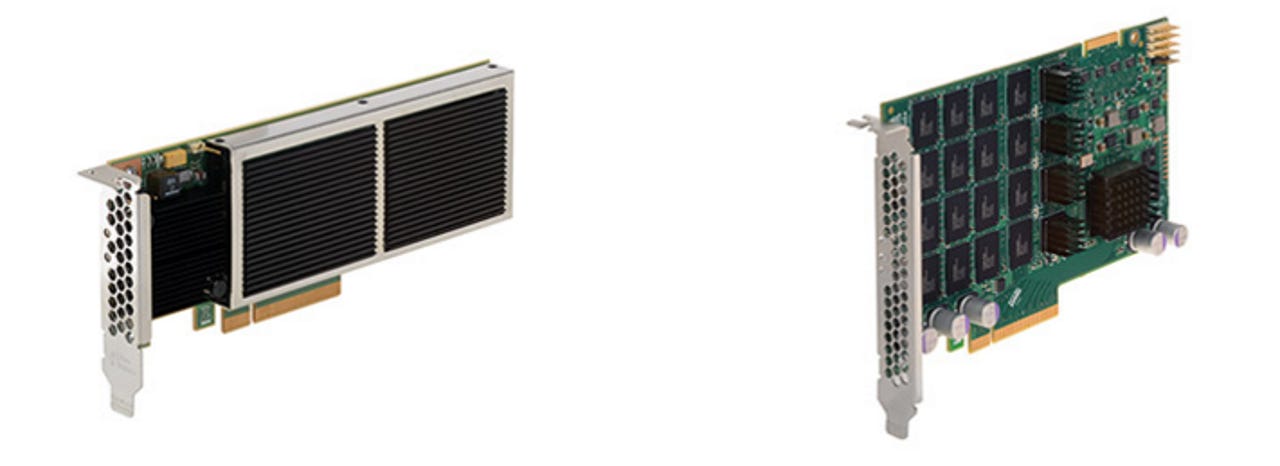Seagate launches 10GBps flash drive that's Open Compute Project compatible


Seagate on Tuesday launched 10 gigabyte per second solid state drive that meets Open Compute Project specs. With the launch, Seagate is hoping to put its storage wares in more hyperscale data centers.
The storage giant's launch comes as a bevy of vendors will announce systems to target cloud computing providers. Seagate is among the largest providers of flash storage that conforms to OCP specifications.
According to Seagate, the 10GBps unit, which will be released this summer, is 4GB/s faster than the previous fastest drive. Facebook's OCP effort led to Seagate's specs.
Tony Afshary, director of marketing for flash products, said the drive will hit the market under the Nytro brand of add-in cards.
Seagate's technology supports the Non-Volatile Memory Express (NVMe) protocol that was developed by vendors to replace Serial AT Attachment (SATA) standards. NVMe is designed to link flash devices with fewer commands. Seagate's drive is the first OCP and NVMe compliant drive.
Enterprises would also benefit from the technology behind the Seagate drive. Companies would use he faster drive in all-flash arrays or hybrid systems that revolve around big data, cloud apps and analytics.
Seagate's initial OCP-spec drive has 16 PCIe slots. The company is developing a version with 8 PCIe lanes.
Afshary said Seagate has been in the OCP organization for more than two years and the initial focus was hyperscale cloud providers. "But since then OCP has grown quite a bit from a deployment perspective," said Afshary. "Large enterprises building private clouds and scalable infrastructure have been interesting in deploying OCP."
Examples of those deployments would be large banks, financial institutions and telecom companies.
The big question is whether other enterprises will follow the OCP path. Afshary said that OCP adoption will really depend on how much OEMs follow the specifications from Facebook. "Broader adoption depends on what OEMs are doing, the purchase model and who supports it."